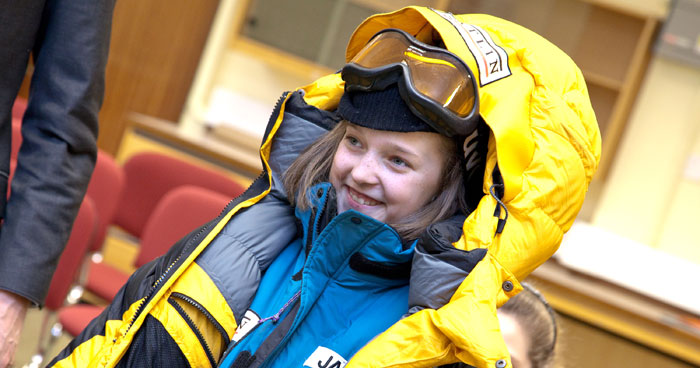- Home
- Our results
- Our impact case studies
- Our submission
- UoA 1 Clinical Medicine
- UoA 2 Public Health, Health Services and Primary Care
- UoA 4 Psychology, Psychiatry and Neuroscience
- UoA 5 Biological Sciences
- UoA 7 Earth Systems and Environmental Sciences
- UoA 9 Physics
- UoA 10 Mathematical Sciences
- UoA 11 Computer Science and Informatics
- UoA 15 General Engineering
- UoA 17A Geography, Environmental Studies and Archaeology
- UoA 17B Geography, Environmental Studies and Archaeology
- UoA 18 Economics and Econometrics
- UoA 19 Business and Management Studies
- UoA 20 Law
- UoA 21 Politics and International Studies
- UoA 23 Sociology
- UoA 25 Education
- UoA 26 Sport and Exercise Sciences, Leisure and Tourism
- UoA 27 Area Studies
- UoA 28 Modern Languages and Linguistics
- UoA 29 English Language and Literature
- UoA 30 History
- UoA 31 Classics
- UoA 33 Theology and Religious Studies
- UoA 35 Music, Drama, Dance and Performing Arts
- What is the REF?
Inspiring secondary students to learn about ocean acidification

Research on ocean acidification in the Canadian High Arctic has formed the basis for a successful educational programme that has reached over 500 UK secondary schools. The programme provides free curriculum-linked resources, connects scientists with classrooms and gives hands-on training for teachers.
Dr Ceri Lewis, Lecturer in Marine Biology at the University of Exeter, is one of several scientists supported by the Natural Environment Research Council (NERC) who spent two months living in tents pitched on the sea ice and working in temperatures as low as -40°C as part of the Catlin Arctic Expeditions in 2010 and 2011. The researchers drilled through the sea ice to access the Arctic Ocean below and collect water and plankton samples in order to build a picture of this ecosystem.
Dr Lewis said: “The Arctic Ocean is acidifying faster than anywhere else on the planet yet we have no data for half the year because it is covered in two metres of sea ice. This expedition gave us an opportunity to get those missing data and develop an understanding of current carbonate chemistry so that we can better interpret what might happen in the future.”
Frozen Oceans education programme
Now Dr Lewis is telling her story of conducting research in this extreme environment as part of the Frozen Oceans education programme.
She explained: “We were made aware of how important the imagery was of us sitting there with frozen faces as we tried to collect data. It put the element of human suffering into the science story. As scientists, we saw the value of this in helping to attract people to learn about ocean acidification that might not otherwise have known about it, or been interested.”
The Frozen Oceans programme is the creation of Jamie Buchanan-Dunlop, a communications and education specialist, as well as a fellow expedition member. Mr Buchanan-Dunlop is the Director of the non-profit organisation Digital Explorer, which aims to bring real science and exploration into the classroom.
He said: “Digital Explorer’s philosophy to education just wouldn’t work without people like Ceri and the other scientists that we work with. We believe that young people should have a real education and that means real science and real scientists. It means learning from people with first names.”
Frozen Oceans includes more than 50 lesson plans, fact sheets, experiments and a media kit with over 200 photos and 35 videos from the expedition. The freely available resources were launched online in September 2011 and within nine months had reached in excess of 387,000 students. Since then, the programme has been adopted in over 514 schools in the UK and is being used internationally in Australia, the United States, Portugal, Sweden and Italy.
Mr Buchanan-Dunlop added: “What working with a researcher like Ceri does is provide us with three things. First, you have an adventurous, personable context, which draws in the students. Second, you have highly rigorous and robust expert science.
Third, you put it all together in a curriculum that is a story about our changing world. What more could we wish for our children than that.”
The Catlin Arctic Expedition was funded by the insurance underwriters Catlin Group Ltd and Dr Lewis’ salary was funded by NERC.
